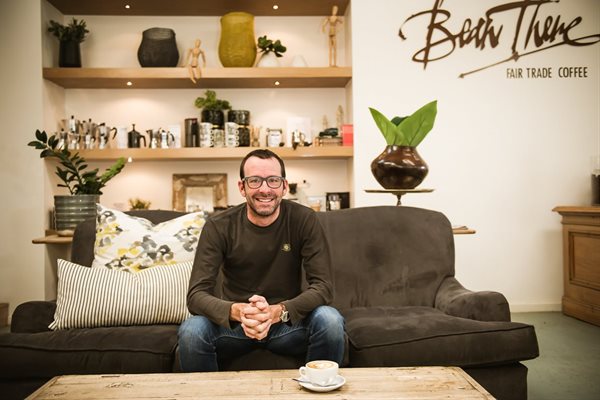
Top stories






More news


Marketing & Media
Ads are coming to AI. Does that really have to be such a bad thing?














Coffee brands that want to remain relevant in 2020 and beyond, should adopt fair trade practices in coffee purchasing.
Consumers are looking for ways to cultivate conscientious coffee habits, and they’re expecting their favourite brands to follow suit. Growth areas for coffee will be directly or indirectly influenced by the general trend towards sustainability.
Major influencers in the coffee scene in 2020:
Rising interest in coffee origins and café culture, fuelled by social media, has made coffee a destination on its own. Moving forward, we’re likely to see entire tours planned around tasting coffees not only in cafes around the world, but at the farms where the beans are grown.
In the same way, people are interested in visiting wine farms, a similar business model is unfolding in coffee. The benefit is that once people understand the amount of work that goes into producing coffee, they’ll realise that the price of coffee is still too low to be sustainable.
A subsequent impact of coffee tourism is growth in the micro lot market. A micro lot is a specially selected and processed lot of coffee that has outstanding quality and a very distinct flavour profile. While the price of micro lot coffee is higher, growing appreciation for coffee means people are prepared to pay more for traceable coffee with interesting flavour profiles.
We’ve already seen huge growth in the niche of plant-based milks - in 2019, almond milk officially took over from soy as the most popular milk alternative in cafes. It’s not only a matter of making plant-based choices, milk alternatives are also perceived as a healthier alternative to full-fat milk. As these products become more refined, we’ll see more people choose these over regular milk.
Surprisingly, 2019 was our best year in terms of selling equipment for home coffee-making, including automated and manual machines and home barista courses. This is a result of a growing appreciation for speciality coffee and a 'a-ha' realisation that you can make great coffee at home.
This allows consumers to avoid the disappointment of drinking average coffee when their favourite coffee spot is closed. Home coffee is a huge growth space for 2020.
